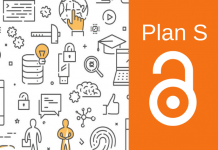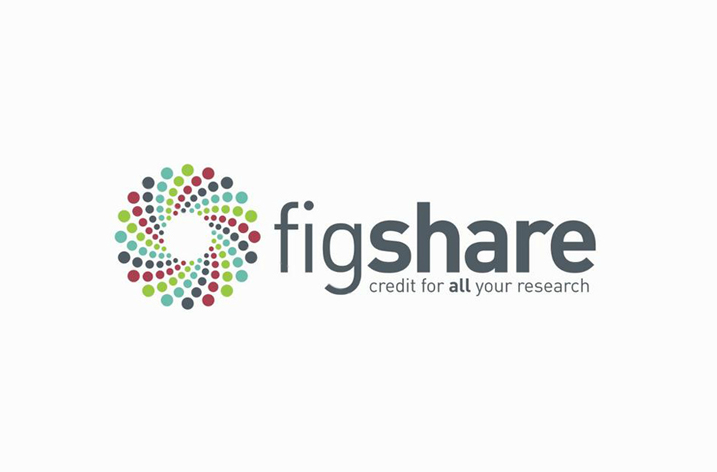
Today Springer and the Committee on Institutional Cooperation (CIC) will hold their first-ever publishing symposium at University of Chicago’s Gleacher Center. The gathering was established as an important opportunity to create dialogue between early-career publishers and librarians, in an effort to nurture closer collaboration as both consider the future of scholarly communication.
The goal of the meeting is to create wider understanding of both the cultures, expectations and pressures on each side as they work together to serve their important constituencies and the wider scientific community. Attendees will be asked to focus on where the interests of both groups intersect and diverge in order to engender a closer sense of shared purpose, and to create stronger partnerships as all look to the future of their respective fields.
“At Springer we are always looking to better understand our customers and to help them do their jobs better,” said David Celano, Springer’s Vice President of Academic and Government Sales for North America. “As the landscape of scientific communication continues to change, we are excited to work with the CIC to sit down alongside some of our newest librarian partners to create closer relationships and build lasting cooperation.”
Mark Sandler, Director of the CIC explained, “The idea for this symposium was born out of a conversation I had with a young and deeply committed Springer editor. That chance encounter convinced me that there could be high value in a caucus between some of our early career librarians and folks at a similar career stage at a major publisher. It is my hope that this meeting will result in greater understanding of the roles and aspirations of career professionals in libraries and publishing, and I am happy that we have found such a willing partner in Springer.”
With a total attendance of roughly 30 participants made up of early-career librarians, CIC staff and Springer personnel, a wide range of important issues are on the agenda. Topics will range from social media’s place in academic context, to mobile technology, open access and end-user needs, to name a few. Both parties agree that if each person leaves with one positive take away or new understanding, then the organizers have met their goals.



























